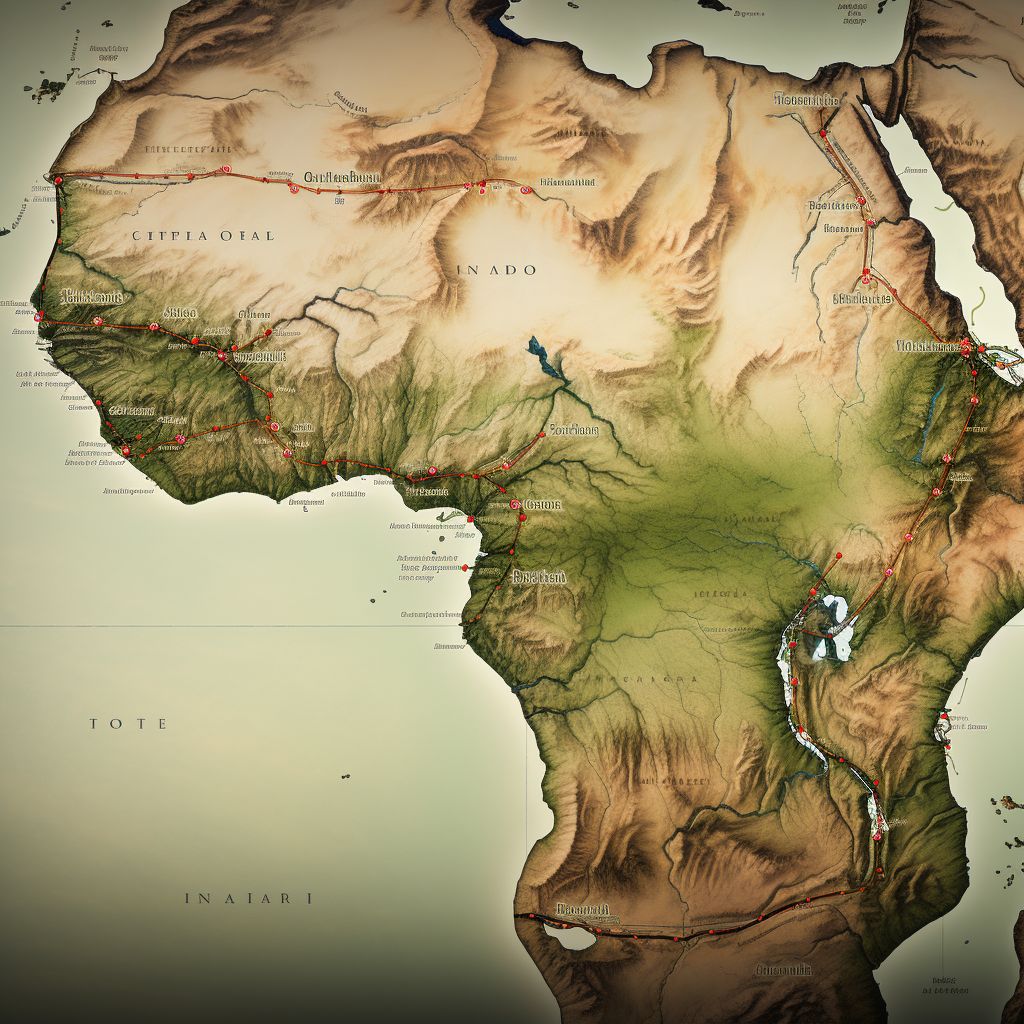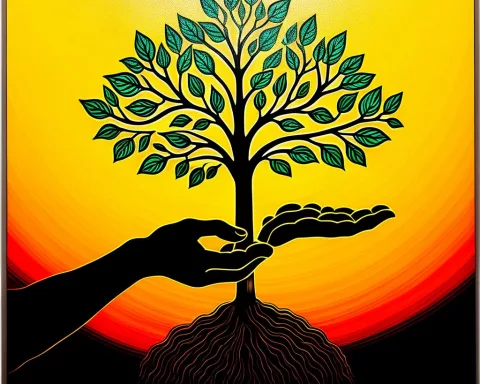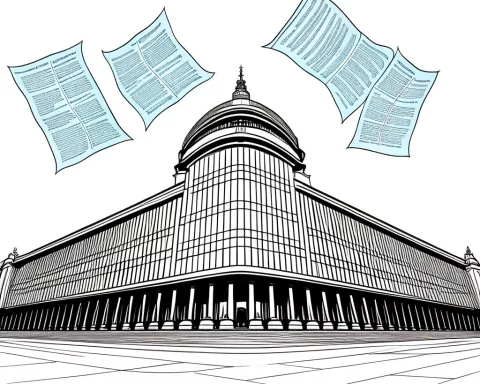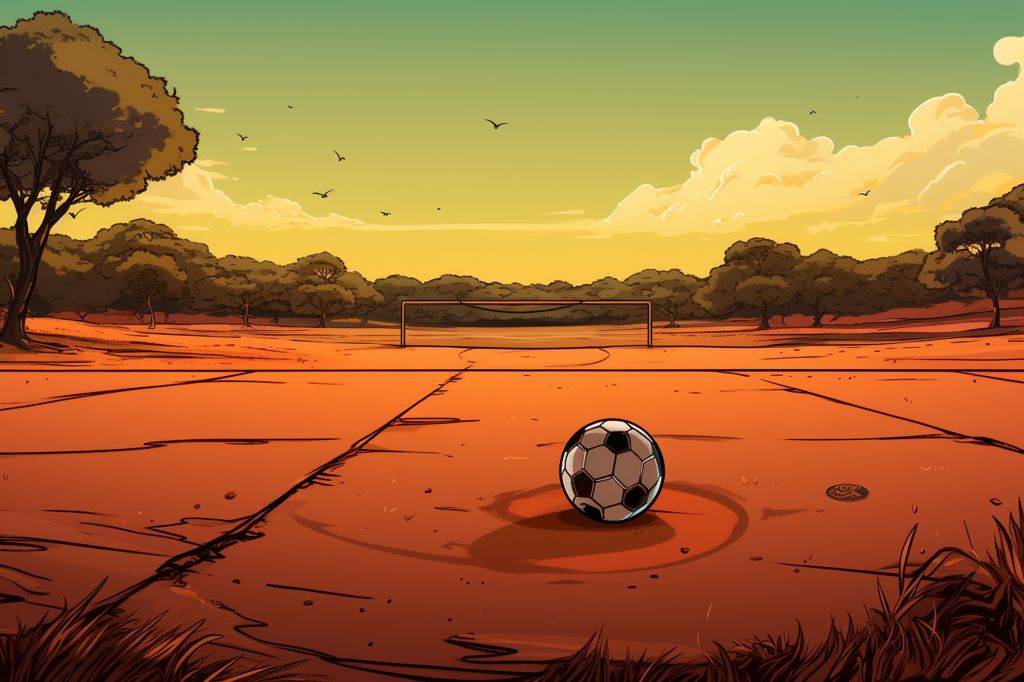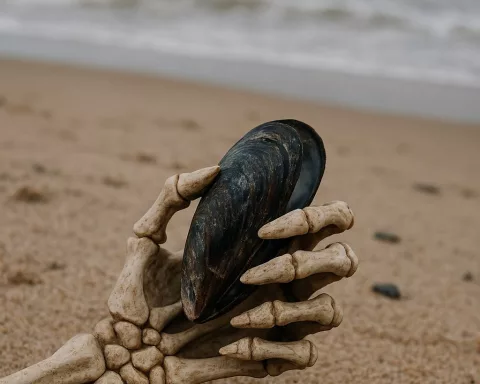On 24th July, Deo Kato embarked on a historic journey to become the first person to run from Cape Town to London, covering 14,570 km in 381 days and 53,400 m of elevation. Kato’s journey traverses deserts, grasslands, and everything in between, as he seeks to raise awareness for racial injustice and inequality.
The Inspiration behind the Run
Kato’s choice of 381 days is inspired by the 1955 civil rights protest in Alabama, as he hopes to tell the story of human migration and emphasize that all humans originate from Africa. As a seasoned runner, Kato has previously completed a streak of running 10 km for 381 consecutive days. This latest challenge, however, is far more significant to him.
The Mission of the Journey
Kato aims to educate others on the true nature of Africa, beyond colonization and slavery. By starting his run at the Long March to Freedom monument, Kato aims to honour the struggle led by Nelson Mandela to end apartheid in South Africa. The journey will also raise awareness on current issues like modern-day slavery and barriers put in place by the global north to prevent migration.
The Challenges Ahead
Kato acknowledges the numerous challenges ahead, including the emotional strain of leaving loved ones behind for over a year. He may face unexpected obstacles such as conflicts or natural disasters. Moreover, the most demanding segment of Kato’s journey will be running through the Sahara Desert. To prepare for these arduous conditions, he participated in a week-long race from Los Angeles to Las Vegas, which included crossing the scorching Death Valley in California.
The Preparation for the Run
Kato’s preparation for the run has focused more on mindset than physical training. To minimize the risk of injury, Kato plans to break down his daily mileage of 40 km into smaller segments, allowing his body time to recover. Among the essential items he will carry during his run are letters from his girlfriend, a versatile smartphone, various shoes for different terrains, body cream and sun lotion, and his signature cap.
The Significance of the Journey
Deo Kato’s historic run from Cape Town to London is not just a test of physical endurance but also a powerful testament to the significance of unity and understanding in our increasingly interconnected world. As he traverses continents and crosses borders, Kato’s journey serves as a reminder of our shared origins and the importance of appreciating the rich history of Africa.

